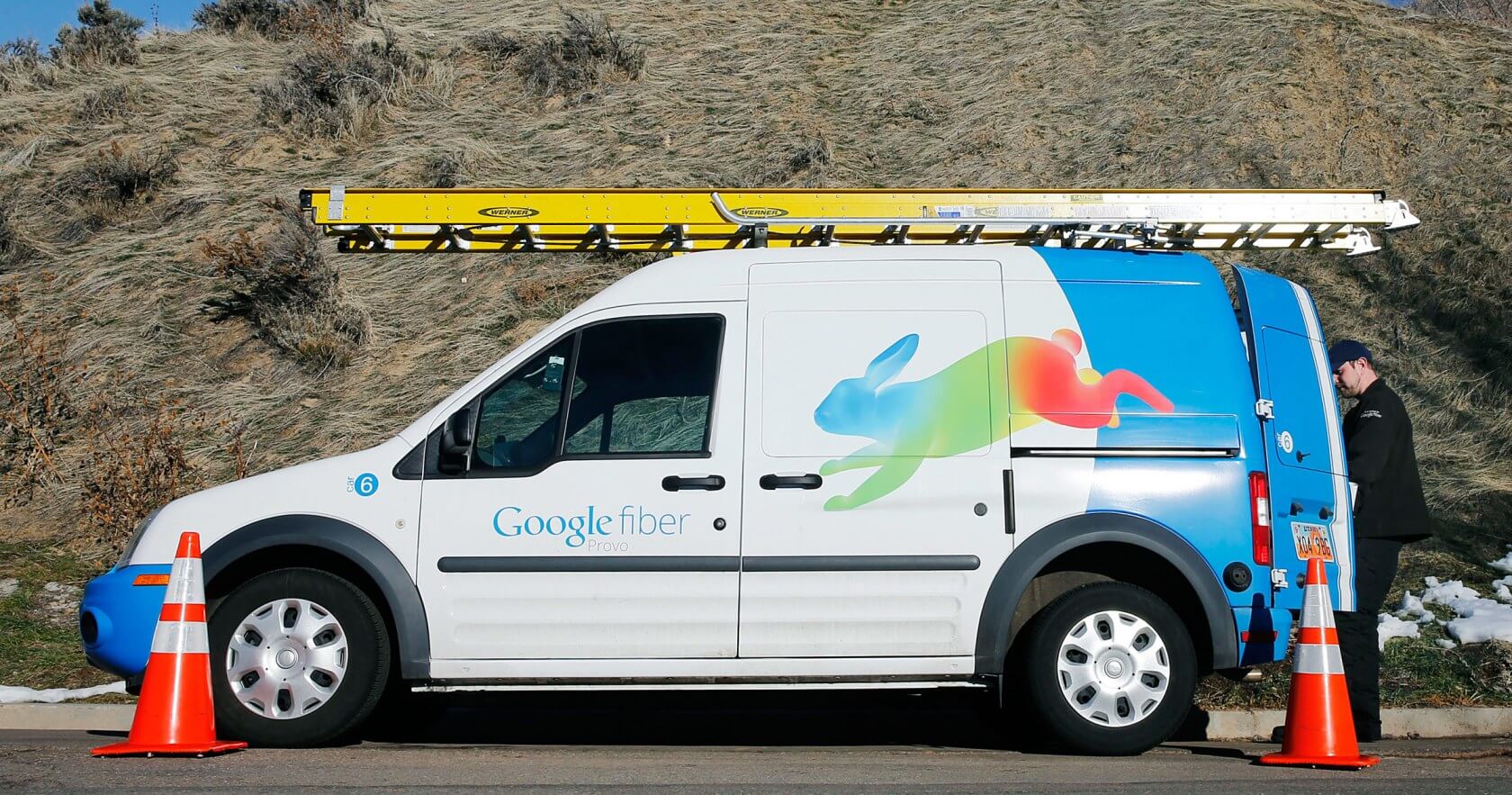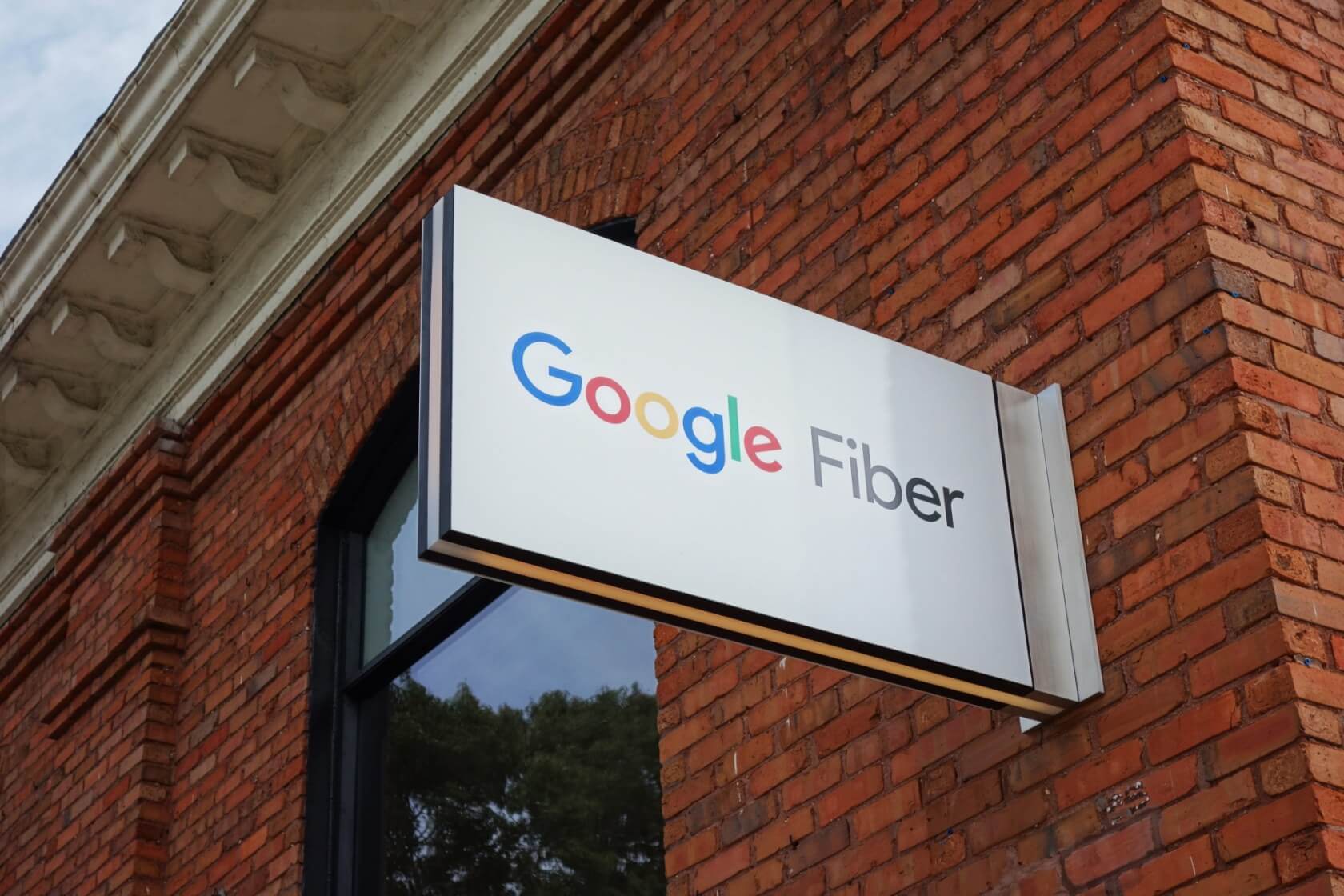What just happened? Google's affordable, high-speed Fiber internet service has been around for some time, but only in select areas. As it continues to expand – very slowly – to more cities and regions, Google is looking to streamline its operations by eliminating one of its only two Fiber plans.
The plan on the chopping block is Fiber's $50/month, 100Mbps subscription, which has always been a slightly cheaper alternative to the full, 1,000Mbps Gigabit plan. However, given the small price difference here – the Gigabit plan is only $20 more at $70/month – it's not hard to see why Google is choosing to phase it out.
Even if the relative price difference is ignored, and each plan is evaluated strictly on its merits, it is difficult to argue that $70 a month for blazingly-fast download and streaming speeds isn't a fantastic deal. Other network providers like Verizon and AT&T are attempting to get in on the affordable gigabit trend, but Fiber has proven to be one of the more trustworthy options on the market.
In its seven-year lifespan, Fiber has never seen a single price increase. Further, its straightforward, month-to-month (cancel any time) payment model has always been more attractive than what many competing services offer.

However, if you're a Fiber fan who simply cannot afford that extra $20, you're not completely out of luck. In the official announcement revealing this decision, Google states that it will no longer be offering the 100Mbps plan to "new customers." This seems to imply that existing customers can continue to take advantage of the plan for the foreseeable future.
Still, because the wording is a bit vague, we've reached out to Google for clarification, and we'll update this article if we get a response.
Update: New reports claim that current 100Mbps plan subscribers will be given the opportunity to subscribe to a new 500Mbps plan for an extra $5 a month, bringing the total monthly bill up to $55.
If Fiber sounds like the internet plan for you, feel free to visit its official website to check if your location is supported. Currently, the service is available in 18 US cities, including the likes of Austin, Kansas City, and Chicago. We should note that even in Fiber-connected cities, not every area will have access.
In my own city of San Antonio, for example, Fiber has technically been available for about two years, but it's never rolled out to my specific neighborhood (no matter how many obsessive emails I send Google's way).
